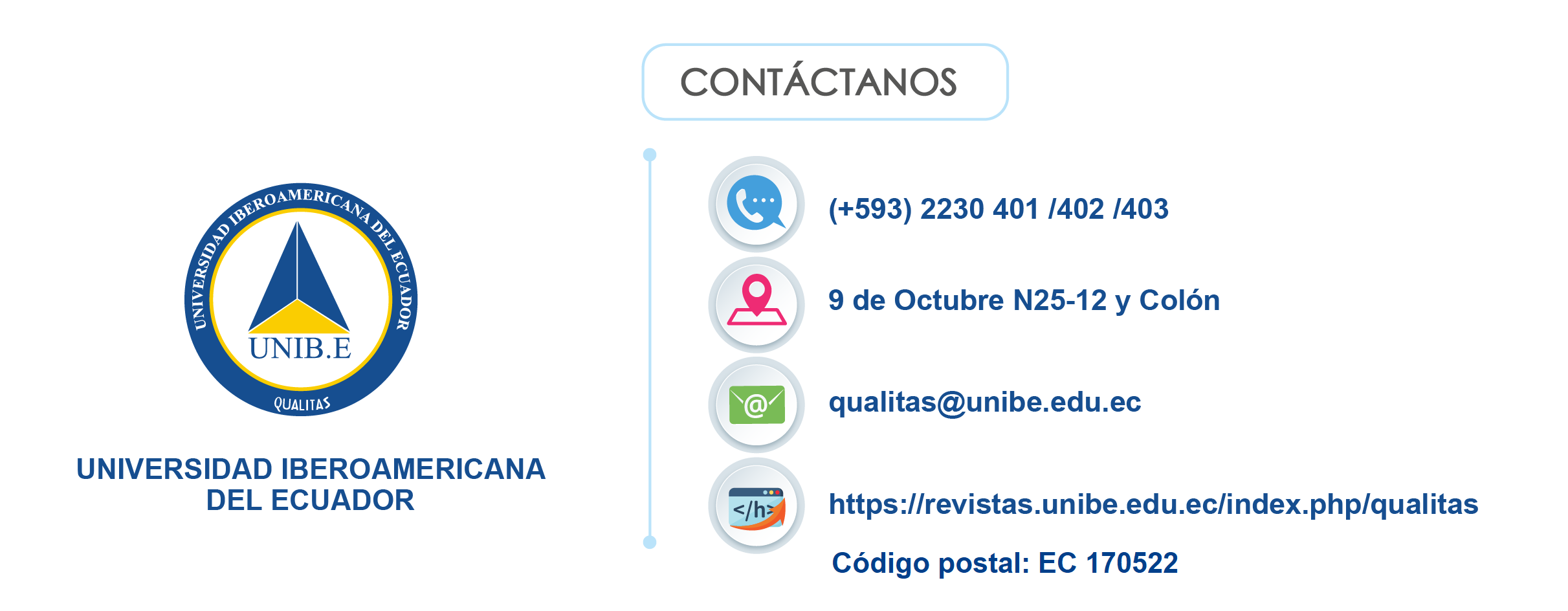Strategic directioning in educational management in the institutions of the 21st Century
DOI:
https://doi.org/10.55867/qual27.09Keywords:
Strategic, Educational, 21st, Management, Institutions, PlanAbstract
Strategic planning seeks efficiency as its ultimate goal. Hence the importance of conceiving in an orderly and concrete way where a particular organization wants to go and what its key success factors are in order to trace the necessary efforts for its fulfillment, reflected in its strategic objectives. For this reason, management must be conceived as part of a whole system, a chain of related processes aimed at strengthening the organization and making it efficient. These premises take on greater relevance within the educational sector, as it has the responsibility of training the future generations of the country. In this context, strategic direction in educational management in 21st century institutions is explored, as a critical managerial need for the strategic planning of educational centers today. Under this framework, a critical-analytical documentary essay is presented, whose central purpose is focused on highlighting the importance of strategic planning when making managerial decisions for the proper functioning of any educational institution, having as its main category of analysis, the manager's role as leader and responsible for promoting an activity of this magnitude. As a main result, the study concludes that the role of leadership enables different managerial mechanisms to enable the management of the educational center and impact on student learning, as well as on the overall performance of the teaching body to carry out satisfactorily and efficiently. this teaching task. In conclusion, strengthening a propitious school climate, using leadership recognized and valued positively by the school group as a tool for action, ends up resulting in an indirect strategy to influence the improvement of student learning results and in teacher performance.
Downloads
References
Acosta, D., & Ponce, E. (2019). Estilos de liderazgo en la Educación Superior. Revista Conrado, 15(68), 175 - 179.
Camejo, A. (2006). La epistemología constructivista en el contexto de la postmodernidad. Nómadas, 14(3), 35 - 56.
Gutiérrez, P., Arnedo, J., & Arnedo, J. (2022). La gerencia educativa y su efecto en la sociedad. Revista Virtual REDES, 52 - 70.
Kenneth, G. (1996). Realidades y relaciones, aproximaciones al construccionismo social. McGraw-Hill.
Manríquez, K., & Reyes, M. (2022). Liderazgo educativo: una mirada desde el rol del director y la directora en tres niveles del sistema educacional chileno. Revista Educación, 46(1), 1 - 18. https://doi.org/10.15517/revedu.v46i1.44514
Murillo, L. (2020). Cuadro de mando integral para la gestión del impacto social en organizaciones de empleo inclusivo. CIRIEC – ESPAÑA, Revista de Economía Pública, Social y Cooperativa, 98, 153 - 188. https://doi.org/10.7203/CIRIEC-E.98.13368
Perilla, L., & Viviola, G. (2017). Relación del estilo de liderazgo transformacional con la salud y el bienestar del empleado: el rol mediador de la confianza en el líder. Journal of Work and Organizational Psychology, 33(3), 175 – 182.
Rojas, B., Valenzuela, A., Ramos, P., & Tejada, A. (2019). Perspectiva teórica del diagnóstico organizacional. Revista Venezolana de Gerencia, 24(88), 50 - 62. https://doi.org/10.37960/revista.v24i88.30182
UNESCO. (2016). Declaración de Incheon y Marco de Acción para la realización del Objetivo de Desarrollo Sostenible 4. Garantizar una educación inclusiva y equitativa de calidad y promover oportunidades de aprendizaje permanente para todos. Recuperado el 01 de diciembre de 2022, de Educación 2030: https://unesdoc.unesco.org/ark:/48223/pf0000245656_spa
Vasilachis, I. (2011). De las nuevas formas de conocer y de producir conocimiento. En N. Denzin, & Y. Lincoln, Manual de investigación cualitativa. El campo de la investigación cualitativa (págs. 11 - 22). Gedisa.
Viaña, F. (2018). Epistemología, hacia la formación gerencial del siglo XXI. TEACS: Teorías, enfoques y aplicaciones en ciencias sociales, 11(23), 53 – 60.
Published
How to Cite
Issue
Section
License
Copyright (c) 2024 Angel Danilo Torres, Glaymar Josefina Davila Marcano

This work is licensed under a Creative Commons Attribution 4.0 International License.



















